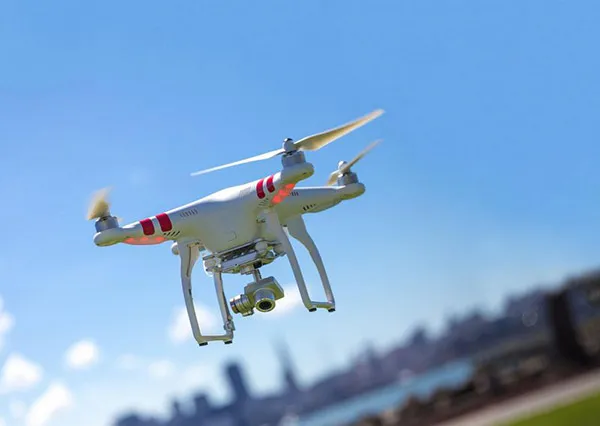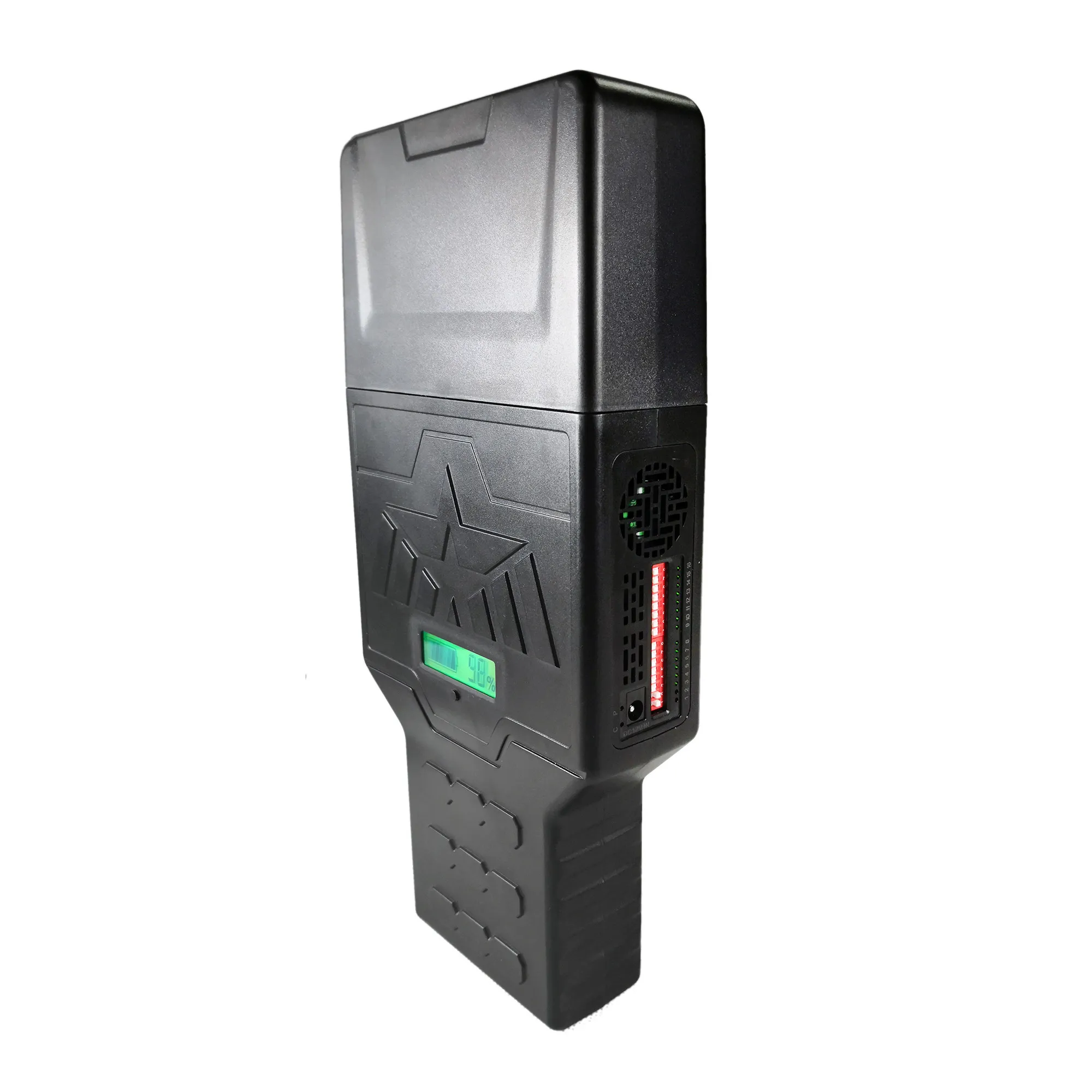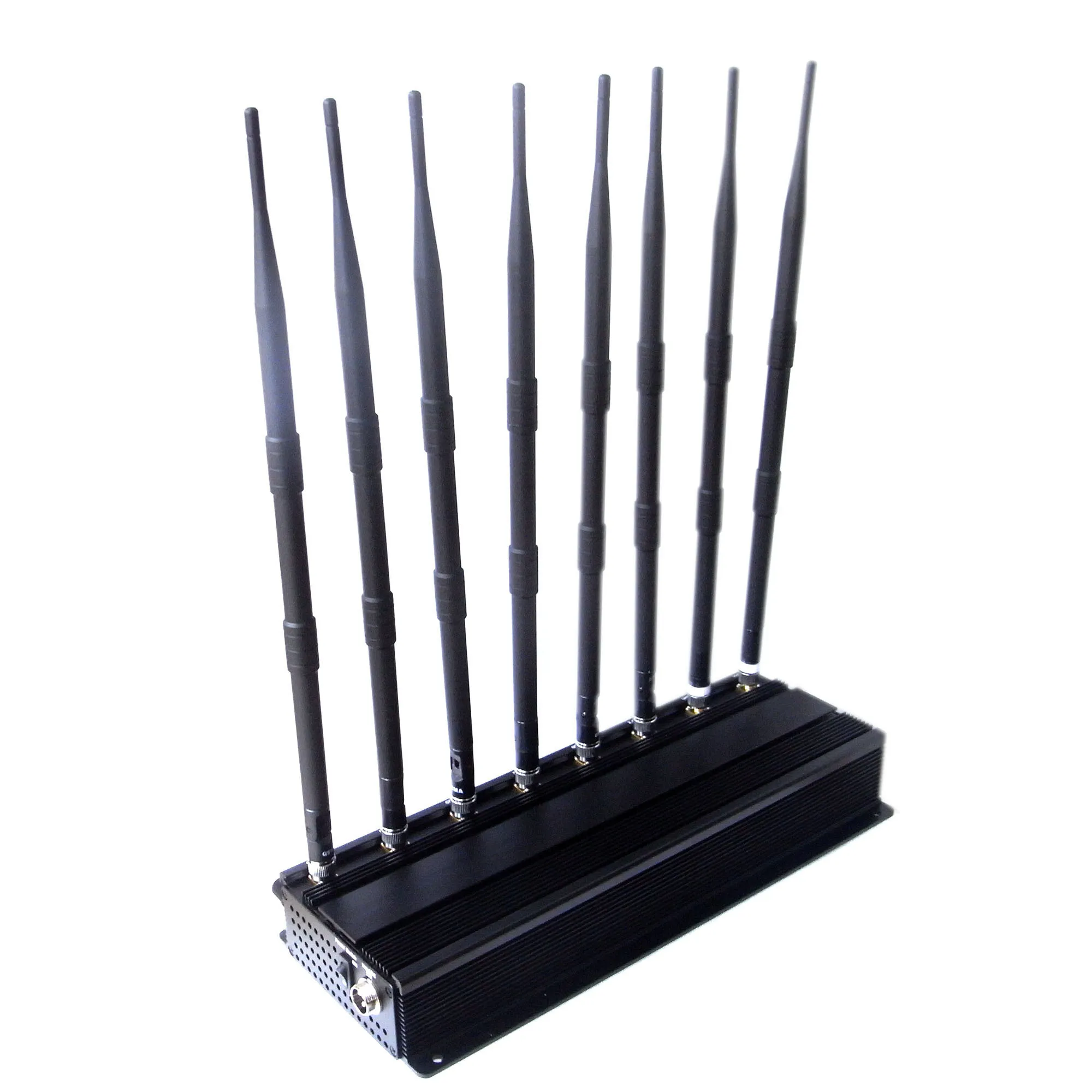
As a cinema worker, the reporter dialed the telephone of the Radio Administration Bureau of the Ministry of Information Industry. An engineer named Lu (“Lu”) of the Bureau’s Frequency Planning Division answered the call. The following is the content of the conversation:
Remember: Hello! I’m a theater worker. Recently, our theater wants to buy several mobile jammers, so I’m here to consult, what legal procedures should I follow to purchase this kind of equipment?
Lu: cell phone jammer? It belongs to radio interference equipment, and it is impossible for individuals or units to use it in our country at present. This is absolutely illegal! How can there be any legal procedures? Don't even think about it!
Reporter: No way? I just wanted to come to consult after hearing about the news about the use of mobile jammers by some test management agencies in the test room. Now that they can use it, does our cinema also have corresponding programs to go?
Lu: The examination room? I don't know about this kind of news, but our ministry issued a document prohibiting the use of mobile jammers in 2002, and it is about this. If you still don’t understand, then you can look up the relevant laws, as you are jeopardizing the freedom of communication of other citizens. I already know what I mean.
Throughout the conversation, the harshness of the Lu engineer’s tone has convinced the reporter that he, a “cinema worker”, must no longer have the idea of buying a mobile phone jammer. The staff of the Beijing Municipal Radio Administration said tactfully that there are still many blind spots in the law and health of cell phone jammer, and it is "not suitable for large-scale installation in the college entrance examination examination room."
However, a more puzzling problem also emerged: the widespread use of cell phone jammer by local examination management agencies has become an indisputable fact. The management also said that such use is illegal, but the local radios that should have supervised the duties But the management agency "collectively lost its voice". Why is this?
The reporter contacted an insider. The person familiar with the matter said that he has inextricably linked with the examination management agency, so he repeatedly urged reporters not to reveal his name. The person’s answer was straightforward: "The reason? This is too simple! For such a big thing as the college entrance examination, to ensure that the exam questions are top-secret and that there is no cheating in the exam room, the relevant leaders must establish a responsibility certificate. How can the local radio management agency be able to afford it? All of these? Everyone knows it well, just keep quiet for the convenience of work."
"Of course, it is too absolute to say that it is completely unprovoked. I have heard the person in charge of an examination room say to his opponent:'The mobile phone jammer in the examination room should be turned on for two or three hours, and it will be turned off as soon as the time is up! Embarrassed!' Then tell me, who is this'people' referring to?"
Some legal experts pointed out the more critical point: Although the "Notice on Prohibiting the Illegal Development, Production and Use of Radio Interference Equipment" is by far the clearest ministries prohibition against cell phone jammer, which are radio interference equipment, it is also the clearest ministries and commissions. However, due to the lack of operability of specific rules, cell phone jammer are still on the edge of the law, and there is a tendency to overflow.
Professor Gan Chaoying of Peking University Law School believes that “the imperfection of the law has caused the relevant departments to be unable to determine the legitimacy of the mobile phone jammer”. Therefore, the Ministry of Public Security, the Ministry of Information Industry or higher national authority The department issued a document to give a final statement on the development and legal use of this jammer.
Gan Chaoying emphasized: “Mobile jammers must be treated dialectically. Just like guns, they threaten people’s safety, but it is legal for the army and police to use them.”
Different people have different opinions on cell phone jammer in a dilemma.
Those who agree to the installation believe that personal freedom of communication must of course be protected, but if it affects the interests of most people, especially in some special and important places, it is necessary to install it. They proposed to amend the relevant laws and regulations, by adding corresponding additional clauses, to determine some places that really need to install mobile phone signal shielding equipment to solve this contradiction.
Those who oppose the installation of cell phone jammer pointed out that the freedom of communication must be protected, and mobile phone signals are blocked, which may delay major events; in addition, if external devices such as cell phone jammer are unreasonably designed and do not control the location and scope of use, they will It also interferes with the surrounding mobile phone users and affects the normal communication and business contact activities of surrounding users.
They all seem to make sense. So, is there a way out for mobile jammers? Where is the road?
Kan Kaili, a member of the Expert Advisory Committee on the Drafting of the Telecommunications Law and a professor at the Institute of Information Industry Policy and Development of Beijing University of Posts and Telecommunications, hinted to the media that the telecommunications law being drafted is relevant to the research, development, and use of radio equipment similar to "cell phone jammer". Detailed regulations. However, when the telecommunications law will be promulgated is still a question.










